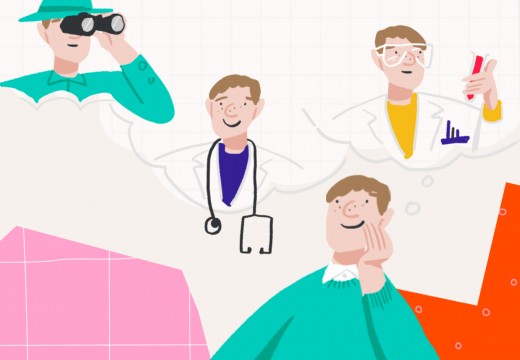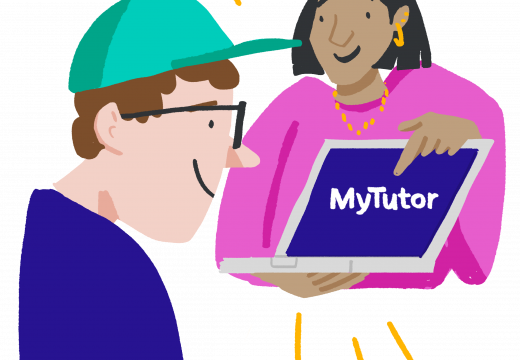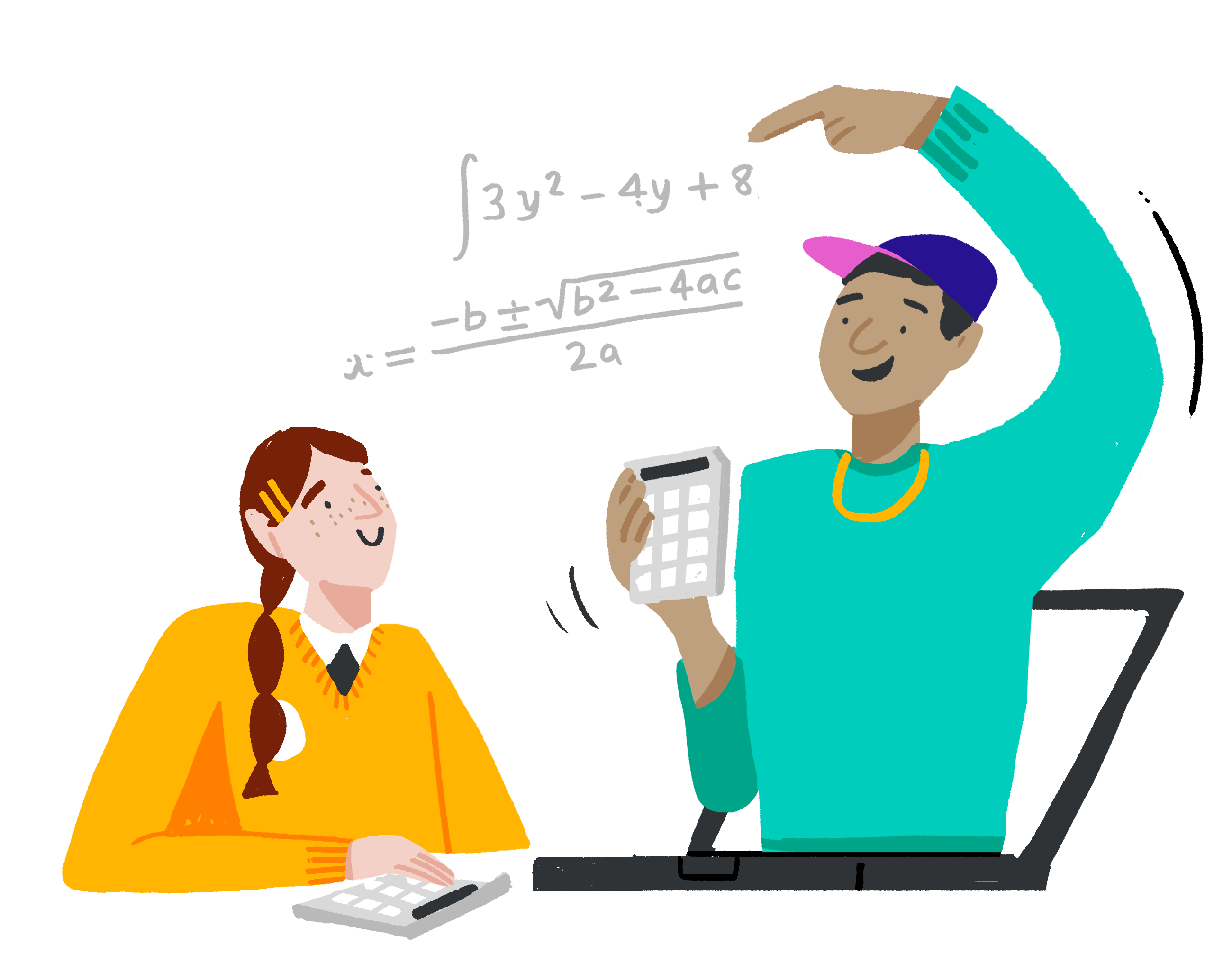This is a guest blog post written by Ashika Vijay, a Physics and Maths tutor on MyTutor.
Physics is the branch of science concerned with nature and the properties of matter and energy. From the structure of atoms to the motion of galaxies, it is quite simply, the study of everything. This is also what makes Physics notoriously one of the hardest degrees to complete. However, the multitude of skills learnt such as mathematical, programming, problem-solving, analytical thinking and teamwork just to name a few opens up many career paths. Physics graduates can be found in all areas of life either behind the scenes or at the forefront of technological innovation.
Scientific Research
Academia is the route most are most familiar with after completing a physics degree. Continuing onto a PhD in physics gives you the opportunity to work at the cutting edge of scientific research. This could be in Astrophysics, Fusion Physics, Particle Physics, Condensed Matter Physics, Optics, or Quantum Physics. You can then become a lecturer, or a researcher working at a university or a laboratory. This will allow you to take your pick of opportunities, one of the most exciting of which is currently in particle physics is working with the LHC (Larger Hadron Collider) at CERN in Geneva, Switzerland. The LHC is the most powerful particle accelerator built to date and where the famous Higgs Boson was first detected in 2012. Physicists here research dark matter, new particles and even the origins of the universe!
Data Science
Ever wonder how Spotify knows what songs to recommend to you? The technology behind this is run by data scientists who are one of the most important contributors to the tech industry in the last decade. Data scientists analyse and interpret large amounts of data which then present to companies to help them make objective business decisions. This could be from optimising Google’s search ranking to targeting Facebook adverts or simply, analysing how consumers are using a product. Lab experiments in a Physics degree involve computer programming, data analysis, collection and modelling, all of which are essential as a data scientist. The future of data science involves machine learning and AI algorithms, so Physics graduates will be vital for this.


Finance & Banking
Around 1/5th of Physics graduates go into finance. Banking and finance are heavily reliant on strong mathematical skills applied to solve real-world problems, a skill every Physics graduate is very familiar with. The link to Physics and finance goes back to 1990, where the French mathematician Louis Bachelier applied Brownian motion (the random motion of particles suspended in a medium) to analyse fluctuations on the Paris stock exchange. Banks are relying more on cybersecurity which involves computer programming and analysing complex systems, both of which are skills taught in a Physics degree. Accounting firms also offer technological consulting to advise businesses on how to improve their technology, which is a popular route in the financial sector for a Physics graduate.
Healthcare
Medical physics applies physics concepts, theories and methods into medicine and healthcare. This could be nuclear medicine, radiotherapy physics, radiation safety and medical imaging (MRI scans). Within the NHS, medical physicists contribute to the diagnosis and treatment of patients as well as in diagnostics. There are also many research and development opportunities to improve upon computer-aided techniques used in x-ray imaging, radiotherapy, ultrasound and PET scans. One key example is radiation therapy used to treat a wide variety of cancers. A medical physicist will use computer modelling from images taken on CT or MRI scans to develop a patient’s treatment plan. They also ensure that the radiation dose is sufficient and safe and all the equipment is calibrated precisely and used safely.
Engineering
It is difficult to imagine a piece of technology that hasn’t used Physics in some way. Engineering is one of the broadest sectors a Physics graduate can also land a role in. Software engineering is one of the most popular routes since programming is a sufficient part of a Physics degree. However, there are also industries such as aerospace and defence, renewable energy, oil and gas and telecommunications. Problem-solving and mathematical skills are essential for any type of engineer, as they are always looking for new and innovative inventions that require extensive research and development.
Education
One of the best ways to learn something is to teach it. You could become a tutor here on MyTutor whilst still at university, or afterwards, train to become a Physics teacher. Physics education involves helping students see the world in a different way, and considering how challenging physics can be, it is important students have confidence in their ability to solve physics and maths problems. Physics also severely lacks role models for ethnic minorities and women compared to other sciences, therefore a diverse range of Physics graduates plays an important part in inspiring the next generation.


There are still many other roles a physics graduate can go into including becoming a Patent Attorney, scientific journalism or even weather forecasting. Although I initially worked as a software engineer, I now work as a physics content creator on the revision website Save My Exams. I’m grateful that having completed a physics degree, I now have the freedom to work in different careers where I’m always improving my technical and personal skills along the way!




